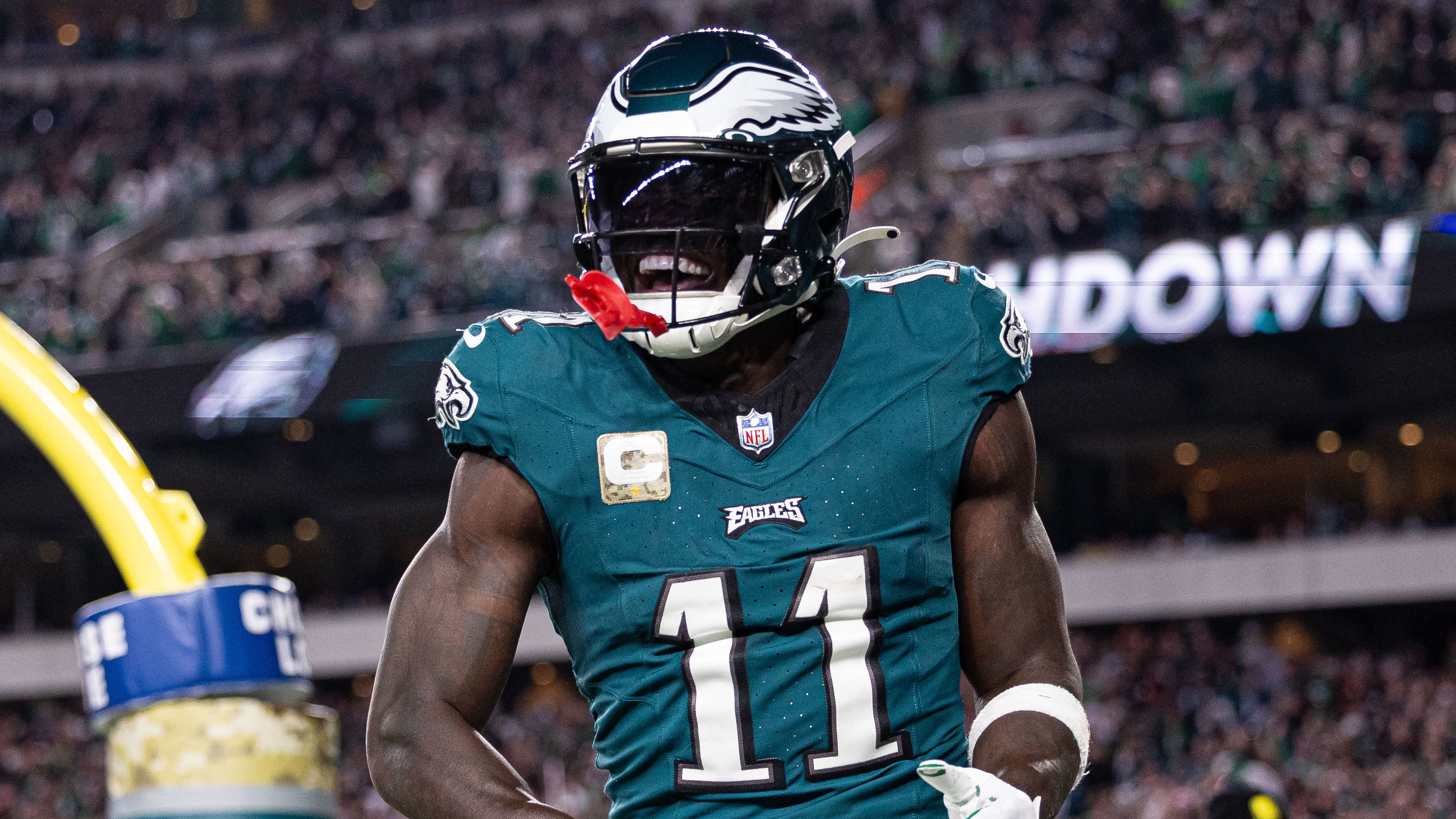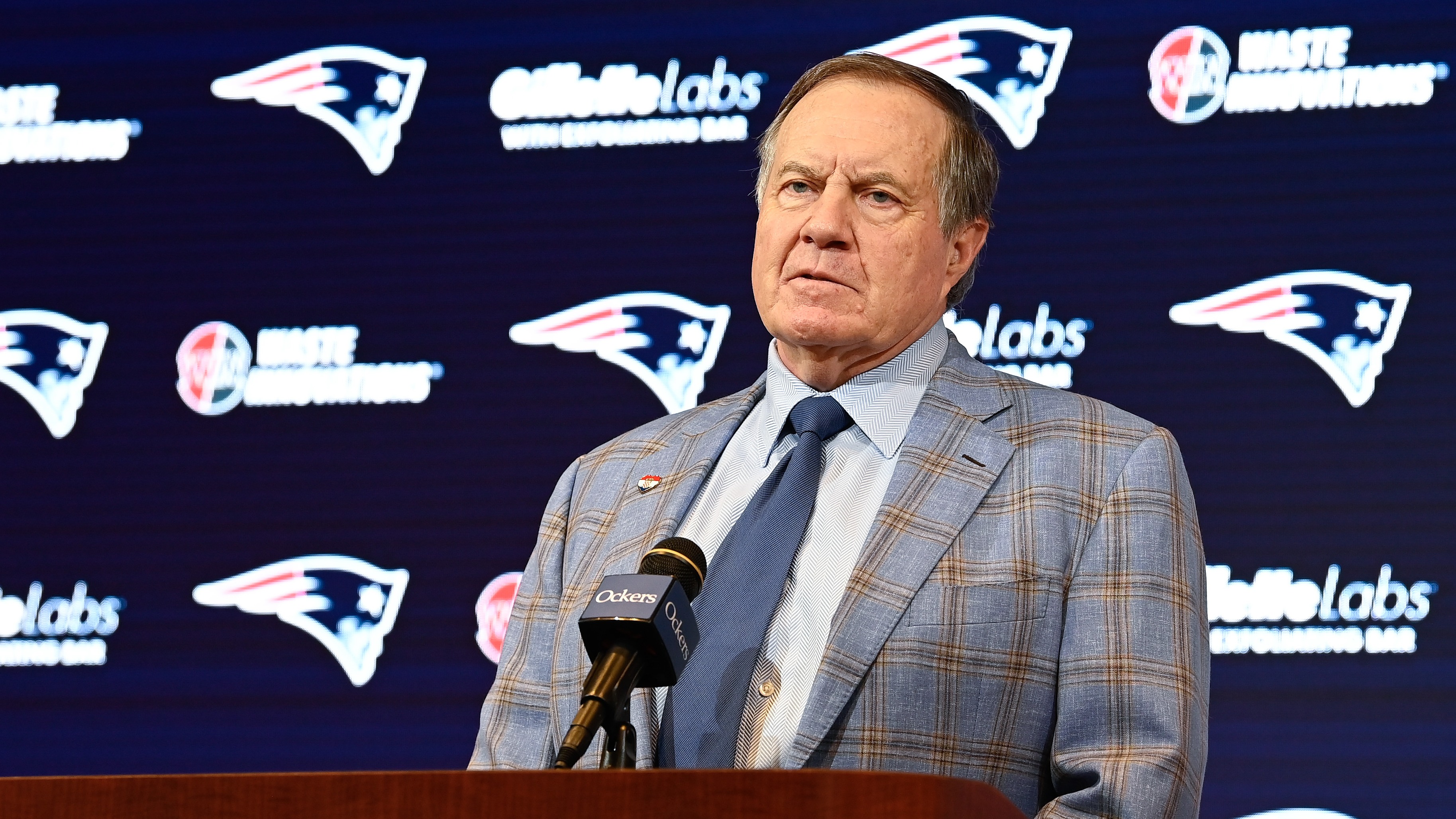The trade of Brandin Cooks to the Patriots, for all of the rumored interest between the clubs in the days preceding it, should still have come as something of a surprise. Why? Because it’s borderline unprecedented.
In the years leading up to the 2011 CBA, rookie contracts got crazy. Some of the biggest paydays in the NFL went to first-round picks on their rookie deals rather than established players on subsequent deals.
For example, 2010 first overall pick Sam Bradford was given a six-year, $76 million contract with $50 million guaranteed before he a played a snap in the NFL. In an effort to spread more money out to veterans, the 2011 CBA scaled rookie deals way down. After the changes were made beginning with the 2011 draft, first overall pick Cam Newton got $22 million over four years.
Under the current system, first-round picks’ contracts are for four years with a fifth option that can be exercised by clubs. So if you’re going to have a top-end high-pedigree player, the best-case scenario is to have one who’s established himself early on in his rookie deal.
That’s what the Saints had with Cooks, who certainly was high-pedigree (the 20th overall pick in the 2014 draft after winning the Biletnikoff Award as the best receiver in college football) and finished seventh in the NFL in receiving yards in 2016.
Yet three years into that deal -- and with one more at a sub-$2 million cap hit followed by the option year -- Cooks has been traded. At this point in his career, he’s the caliber of commodity that isn’t often dealt.
What the Patriots traded -- the 32nd overall pick and a third-round pick for Cooks and a fourth -- was significant, and though it’s been viewed as a fair price to pay, it’s also hard to determine whether it’s the “going rate” because of how little “going” there has been with similar trades.
New England Patriots
The closest one that comes to mind with a first-round pick in the new CBA is the 2013 trade of Trent Richardson to the Colts, who are still allowed to have a franchise despite making that deal. In that trade, the Colts sent their 2013 first-round pick to the Browns for Richardson, who was the third overall pick in 2012 and was in the second year of his rookie deal.
Of course, that trade should be viewed through a certain lens because at best, the jury was still out on Richardson after a 950-yard rookie season. In hindsight, he just wasn’t any good, as he totaled less than 1,000 yards over 29 games with Indianapolis before being released at 23 years of age.
Maybe the next-closest move was the Chandler Jones trade, which saw two players -- one good and one bad -- get moved during their rookie deals. Still, it’s tough to compare it too much to the Cooks deal because Jones, though an established star like Cooks, had already played four years of his deal and had only the fifth-year option remaining. As such, the Patriots’ package in return was not huge: a 2016 second-round pick and 2013 first-round bust Jonathan Cooper.
Cooks was reportedly unhappy in New Orleans, and it might take something of an attitude adjustment for him to last long-term in New England. Yet that doesn’t change what he is right now: a top-end receiver whose deal gives tremendous bang for its buck. He’s at a point of his career where he’s both good enough and cheap enough that most teams wouldn’t trade him. We’ll see if the Saints come to regret it.


